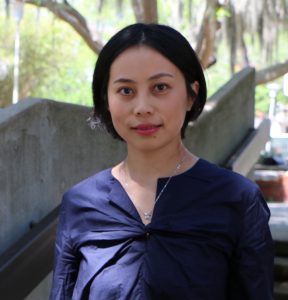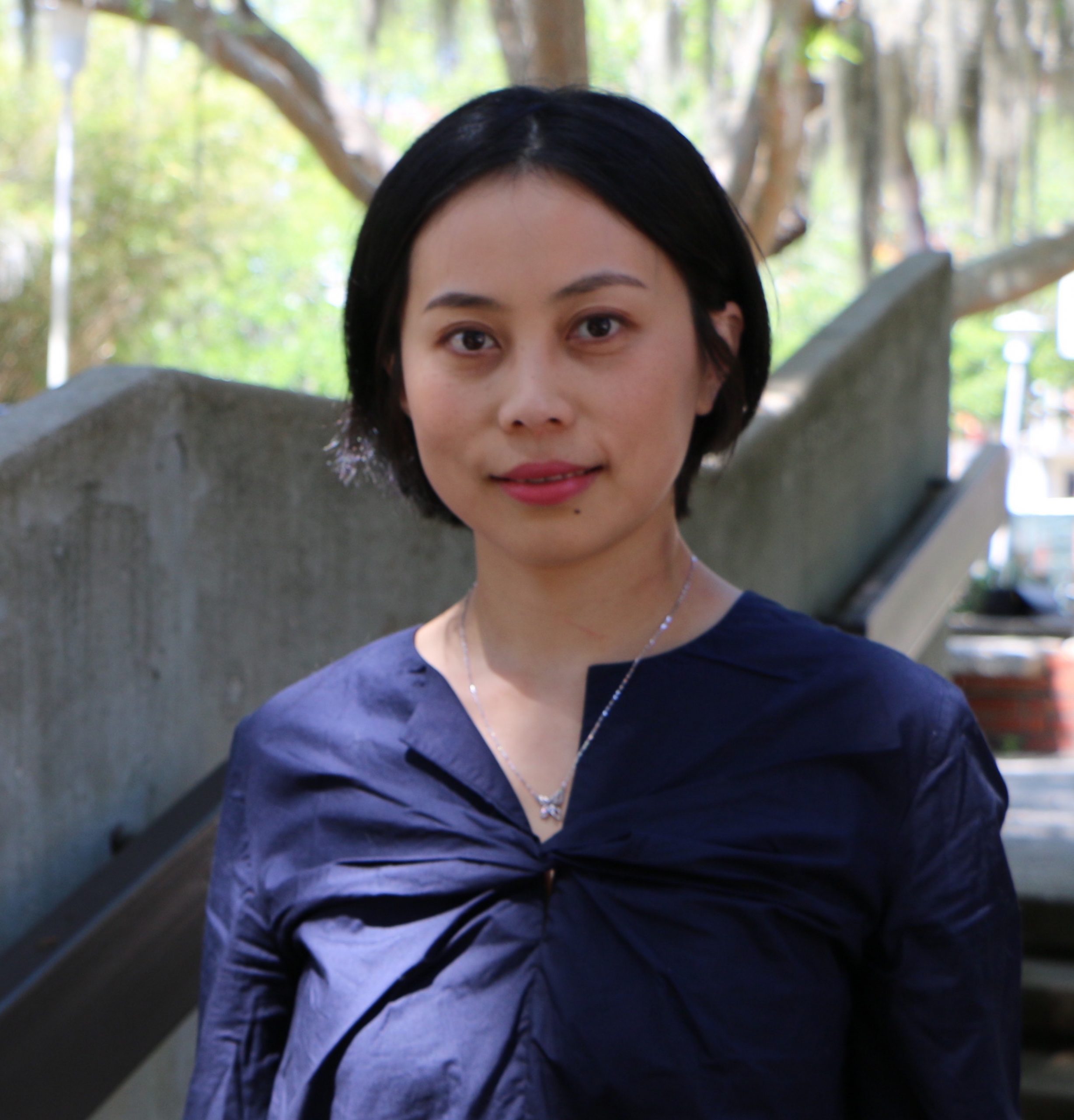
ECE Assistant Professor Jie Fu is participating in research sponsored by the Army Research Laboratory (ARL) under Cooperative Agreement W911NF-22-2-0233 between Raytheon BBN and ARL with support from the University of Florida. The $400k project, part of ARL’s Tactical Behaviors for Autonomous Maneuver Collaborative Research Program (TBAM-CRP), is in support of Raytheon BBN’s project, “Sticky Formation Tracking: Maneuver with Learning and Deception in Complex Terrains (StickyLearn).” The broader project will develop novel research results focusing on robots’ formation tracking and waypoint design at both individual and team levels.
Dr. Fu’s team will support BBN’s solution architecture by developing and advancing fundamental theories in the areas of multi-player game theory and machine learning.
The Work
Dr. Fu’s team will focus on the following two fundamental research directions:
- Planning with Partial and Incomplete Information
- The UF team will investigate a class of probabilistic planning problems for multi-robot systems or human-robot teaming, in which different agents (robots/humans) have different sensing modalities to observe the interacting environment. The objective is to construct a multi-belief system for each robot, using which the robot can predict the other agents’ behavior and use the prediction to plan its actions that optimize the task performance during its dynamic interaction with others.
- Multi-agent reinforcement learning with temporal tasks
- The UF team will develop hierarchical reinforcement learning algorithms for a team of cooperative agents to satisfy tasks in temporal logic, such as sequential waypoint navigations, obstacle avoidance, and recurrent tasks. The UF team will integrate compositional reasoning within an ad-hoc teaming framework to allow flexible and efficient coordination between multiple agents with limited communications.
The UF team will provide their developed theories and results to BBN and BBN will take further implementation actions and apply the UF team’s research findings into the proposed solution architecture.

